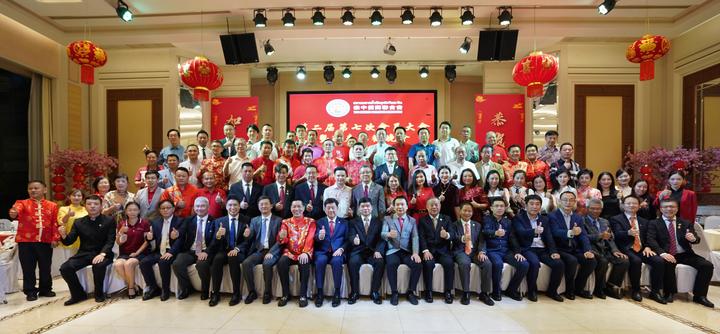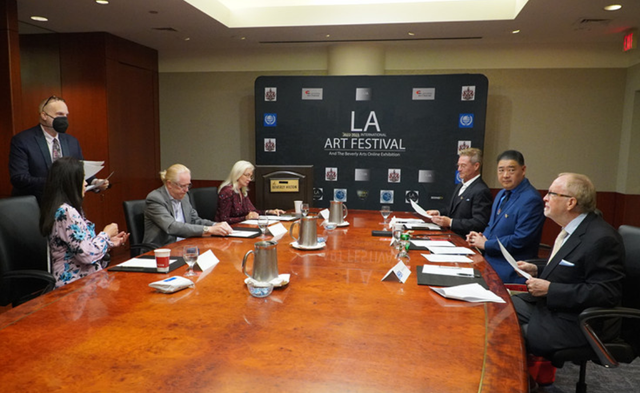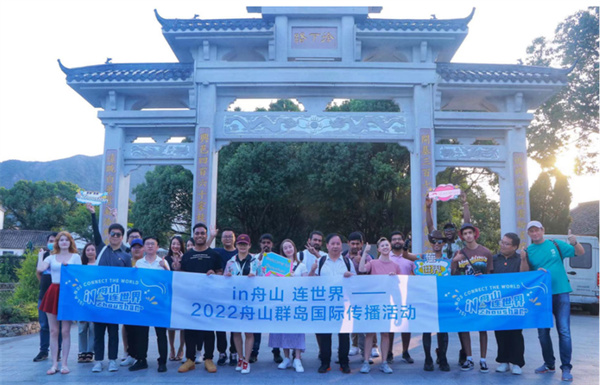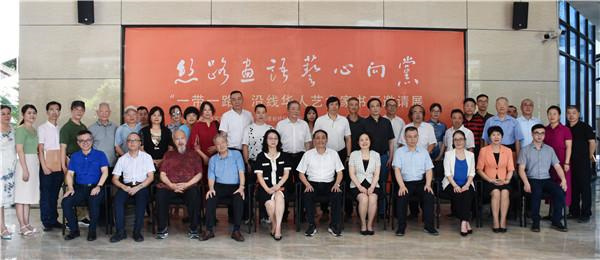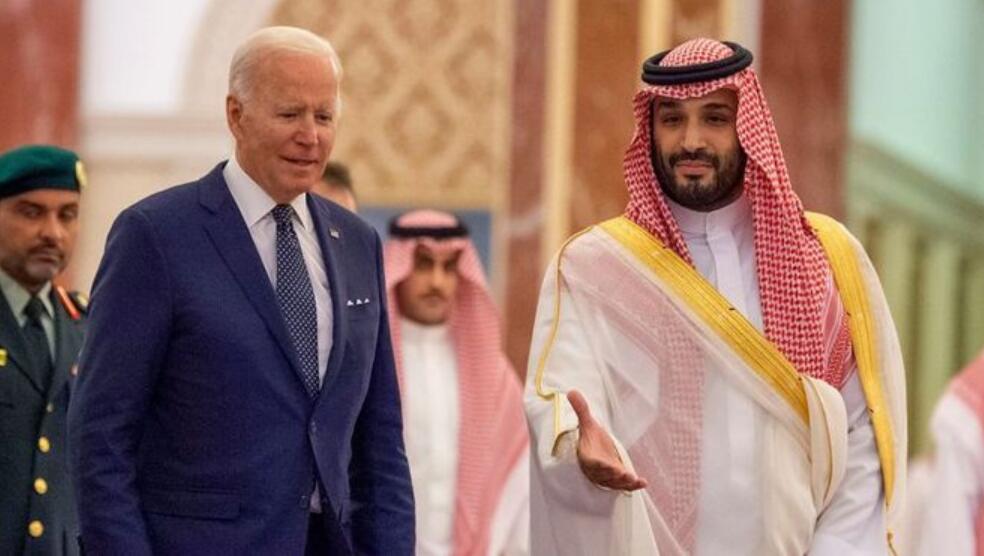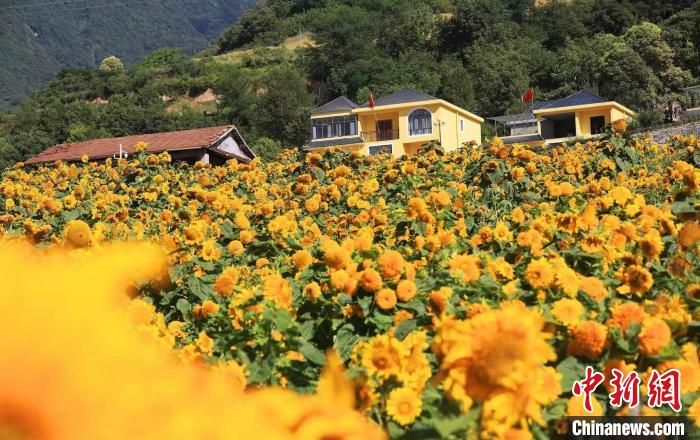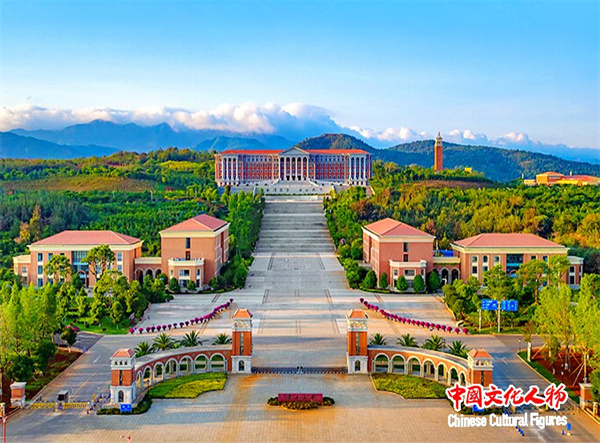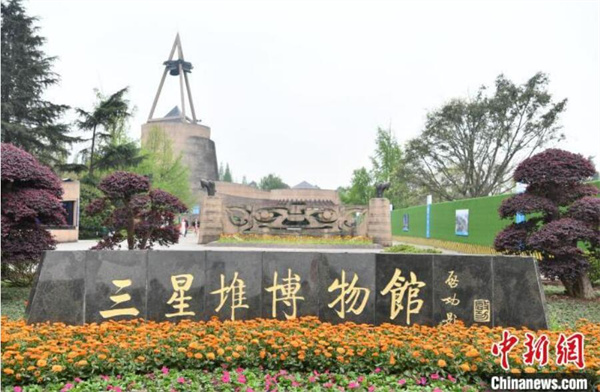Chinese President Xi Jinping on Friday visited the country"s three leading media providers and urged them to strictly follow the leadership of the Party. Xi on Friday morning visited the People"s Daily, the flagship newspaper of the Communist Party of China (CPC), Xinhua News Agency, the state news agency, and China Central Television (CCTV), the country"s broadcaster. On Friday afternoon, Xi, also General Secretary of the CPC Central Committee, presided over a symposium on the Party"s media work, which was attended by the heads of the three media outlets, and about 180 central media officials, Beijing municipal officials, and representatives of journalists, editors and TV anchors. Liu Yunshan, member of the Standing Committee of the Political Bureau of the CPC Central Committee, accompanied Xi on the media tour and also attended the symposium. PRAISING CHINESE JOURNALISTS During his inspection of the general newsroom of the People"s Daily, the president encouraged staff to continue to improve the quality of the flagship newspaper of the CPC. While visiting the headquarters of the People"s Daily, Xi used the paper"s new media broadcasting system to extend Lantern Festival greetings to the public. At Xinhua News Agency, Xi used Xinhua"s remote news reporting command system to talk with an agency correspondent currently reporting from a village in Lankao County, Henan Province. During the conversation, he said that the workstyle of grassroots cadres was integral to the Party"s rule and was directly linked to the people"s interests. He noted that journalists should undertake more in-depth investigative reporting on this workstyle. Xi also visited an exhibition on the agency"s history, which covered its development since it was founded in 1931. On display were an antique radio transmitter and a clockwork dynamo, as well as more cutting-edge devices employed in modern-day news reporting, including a maritime satellite and a drone. Xi showed approval for Xinhua"s transition to a multimedia news service, now providing news products and services in eight languages to the whole world. At Xinhua"s new media newsroom, Xi clicked a "Like" button on the agency"s mobile app, extending his appreciation to all Chinese journalists for their diligence. The final stop on his media tour took Xi to the headquarters of CCTV. He visited the control room and made a video call to CCTV"s Washington-based North America branch, which opened more than four years ago. Xi praised the branch for its work and sent his greetings to the staff, 90 percent of whom are Americans. The president was shown the studio where CCTV Evening News Bulletin, or "Xinwen Lianbo," is filmed. The program, which airs at 7 p.m. every day, has been running for more than 38 years. Xi gained insight into how the production team makes the program and encouraged them to continue to strive for excellence. PARTY"S LEADERSHIP FUNDAMENTAL ISSUE The fundamental issue of the Party"s media work is to strictly adhere to the Party"s leadership, Xi told attendees of the afternoon"s symposium. All news media run by the Party must work to speak for the Party"s will and its propositions and protect the Party"s authority and unity. They should enhance their awareness to align their ideology, political thinking and deeds to those of the CPC Central Committee and help fashion the Party"s theories and policies into conscious action by the general public while providing spiritual enrichment to the people, he said. Marxist journalistic education must be promoted among journalists, Xi added, to make them "disseminators of the Party"s policies and propositions, the recorders of time, the promoters of social advancement and the watchers of equality and justice." According to Xi, the mission of the Party"s media work is to provide guidance for the public, serve the country"s overall interests, unite the general public, instill confidence and pool strength, tell right from wrong and connect China to the world, he said. To do so, Xi continued, they should also stick to guiding public opinion on the correct path in every aspect and stage of their work. "Truthfulness is the life of journalism, and the facts must be reported based on the truth," Xi said. "While accurately reporting individual facts, journalists must also grasp and reflect the overall situation of an event from a broad view." The president noted that public supervision and positive publicity are two compatible functions of media. He urged media outlets to confront problems emerging from their work and social ills head-on, spreading the good and condemning the bad while practicing critical journalism based on accurate facts and objective analysis. Calling for innovative concepts, content and methods, Xi told media groups to make use of new media"s edge in publicity, amplify their voices on the international stage, tell stories about China well and build flagship media groups with strong global influence. According to Xi, the journalism industry should accelerate its progress in fostering workers with firm political beliefs, outstanding professional skills, moral excellence and whom the Party and people can trust. "Officials should improve their ability to interact with the media and make good use of it to publicize their policies and ideas, understand grassroots opinions, uncover conflicts and problems, guide public feelings, mobilize the people and push forward work in real life," Xi said. |


